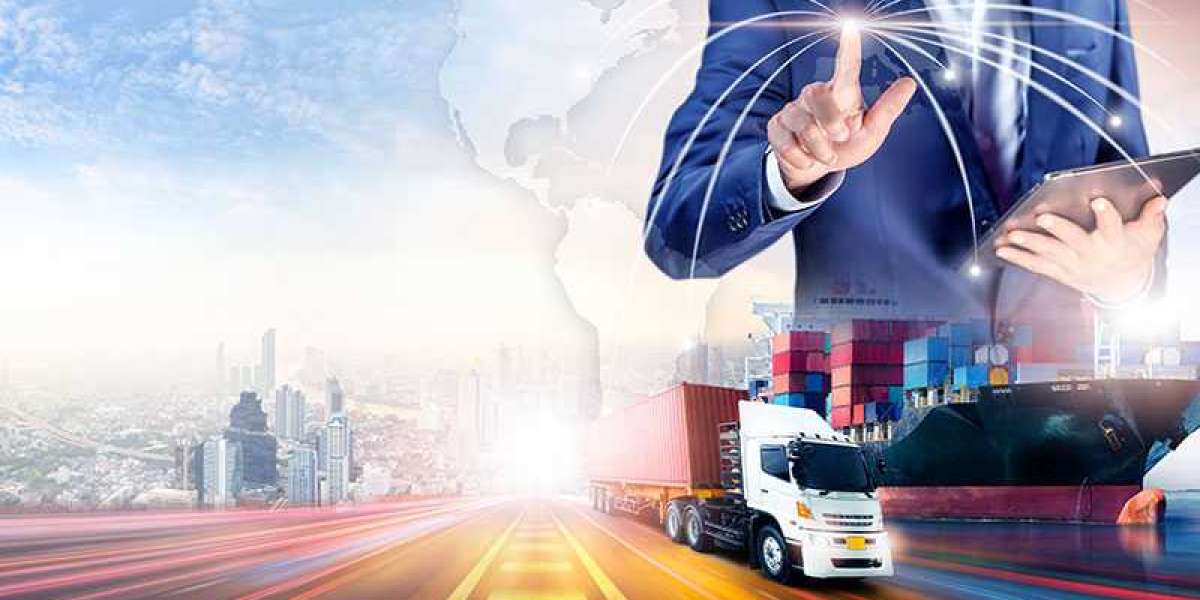India’s healthcare landscape is undergoing a significant transformation. With the expansion of medical infrastructure, increasing demand for quality healthcare services, and the rise of advanced treatments, the logistics supporting this sector must evolve as well. Traditional logistics models are no longer sufficient to meet the unique demands of transporting sensitive medical products. As a result, specialized healthcare logistics is becoming more essential than ever.
Why Healthcare Logistics Needs Specialization
Healthcare logistics differs vastly from conventional logistics. It involves the transportation and storage of pharmaceuticals, medical devices, vaccines, diagnostic equipment, and biological samples. These items often require controlled environments, timely deliveries, and careful handling to ensure their safety and effectiveness.
For example, many vaccines and biologics must be transported within specific temperature ranges. Even a minor deviation can affect their potency. Similarly, life-saving devices or medications must reach hospitals, clinics, or patients without delay. Specialized logistics providers offer the infrastructure and expertise needed to meet these critical requirements.
Challenges in the Indian Context
India presents a unique set of challenges for healthcare logistics. The country’s vast geography, varied climate conditions, and complex regulatory landscape make consistent and reliable delivery a significant challenge. Rural and remote areas, in particular, often lack the infrastructure required to support sensitive medical deliveries.
Additionally, the COVID-19 pandemic highlighted the urgent need for an efficient and responsive healthcare logistics network. From vaccine distribution to delivering oxygen cylinders and essential medicines, logistics providers had to operate with precision and agility. This experience has further emphasized the importance of having specialized systems in place.
The Role of Technology in Enhancing Healthcare Logistics
To address these challenges, the use of technology in healthcare logistics is becoming increasingly important. Advanced tracking systems, temperature-monitoring devices, real-time alerts, and route optimization tools allow logistics providers to maintain high standards throughout the delivery process.
Automation and data analytics also play a key role. They help predict potential disruptions, manage inventory efficiently, and ensure timely deliveries. With the rise of telemedicine and doorstep healthcare services, the demand for last-mile delivery solutions tailored to healthcare is growing rapidly.
Cold Chain Logistics: A Vital Component
Cold chain logistics is a cornerstone of specialized healthcare logistics. It involves the transportation of temperature-sensitive products such as vaccines, insulin, blood components, and certain diagnostic samples. These materials require continuous temperature control from the point of origin to the final delivery.
India’s healthcare logistics providers are increasingly investing in cold storage facilities, refrigerated vehicles, and insulated packaging solutions to strengthen the cold chain. Ensuring temperature compliance at every step helps maintain product integrity and supports better health outcomes.
Regulatory Compliance and Safety
Adhering to regulations and quality standards is non-negotiable in healthcare logistics. Every product must be handled in line with guidelines set by organizations such as the Central Drugs Standard Control Organization (CDSCO), World Health Organization (WHO), and the Ministry of Health and Family Welfare.
Specialized providers are trained in these protocols and maintain rigorous documentation to ensure traceability and accountability. Regular audits, quality checks, and compliance reporting are integrated into their operations, offering confidence to healthcare institutions and patients alike.
The Future of Healthcare Logistics in India
As India moves towards a more integrated and technology-driven healthcare system, the need for specialized logistics will only continue to grow. The demand for faster, safer, and more reliable delivery of medical products is shaping the future of logistics in this sector.
Public-private partnerships, digital health initiatives, and increased investments in medical infrastructure are driving further growth. Logistics providers that specialize in healthcare are poised to become key enablers in this transformation, ensuring that medical products are available when and where they are needed most.
Conclusion
Specialized healthcare logistics is no longer a niche service—it is a critical part of India’s healthcare ecosystem. With increasing complexity in medical products and the need for greater efficiency and safety, logistics providers must rise to the challenge. By adopting specialized practices, embracing innovation, and focusing on compliance, India can build a stronger, more resilient healthcare delivery system for the future.


